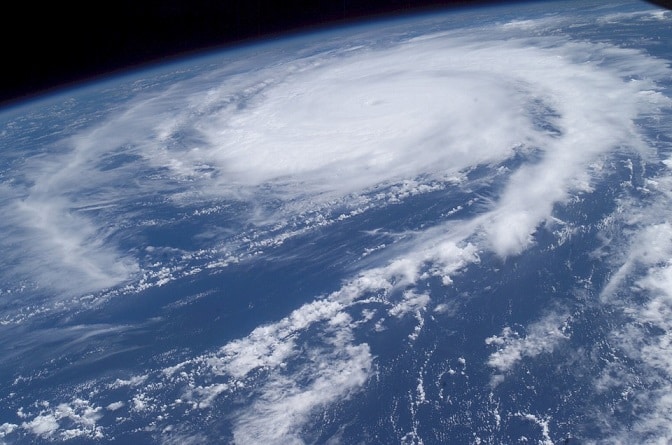 While South Africa is a known water-scarce region, as are many regions in Africa, climate change is hitting it hard at the moment, and it is causing havoc. The current two-year drought, which is the worst drought that the country has seen in 34 years, is showing just how unprepared South Africa is to handle climate change.
While South Africa is a known water-scarce region, as are many regions in Africa, climate change is hitting it hard at the moment, and it is causing havoc. The current two-year drought, which is the worst drought that the country has seen in 34 years, is showing just how unprepared South Africa is to handle climate change.
South Africa is a country with arid grasslands, water-scarce inland farm regions, and parched cities, so it is natural that climate change would affect the country. What is frustrating is that the government was warned by the five national departments that have a role in managing water supply – Water and Sanitation, Energy, Agriculture, Environment, and Mineral Resources, that drastic measure had to be taken to avoid the exact problems that the country is currently facing.
The National Planning Commission published the National Development Plan 2030 in 2013, in which it warned that climate change in South Africa would produce rising temperatures, extreme weather, erratic rainfall, reduced food production, rising food prices, and would struggle to provide adequate municipal water supplies. The report warned that South Africa could face similar problems to Syria after its 2007 to 2010 drought – serious economic and ecological problems and social instability.
Unfortunately, even as South Africa anticipated the effects of climate change, the government made the same mistake that they made when warned about looming power problems years ago – they ignored the warnings and continued using a resource intensive, water-consuming development strategy. Few new water storage reservoirs were constructed, leaking pipes continued to waste millions of cubic meters of water, and drinking water and wastewater treatment plants continued to be poorly maintained.
We can only hope that this drought has shaken the scales off the eyes of those who institute policies in South Africa, and that they immediately set to fixing the problems in the storage and supply of drinking water, ensure better maintenance at wastewater plants, educate the public – especially those in the rural areas – about saving, reusing and recycling water, and using less water-intensive power alternatives to the water-guzzling coal-fired power plants.
In the meantime, ordinary citizens are suffering from a lack of drinking water, livestock is dying and food prices are soaring because of failed crops. Ordinary citizens are also helping those who are without drinking water by donating tons of bottles of water to be transported in to them – unfortunately that will cause its own problems as one has to wonder what is going to happen with all those empty plastic water bottles¦
Get bottled watercooler and rent watercooler from Living-Water. Buy bottled water cooler and hire water dispensers in London.





